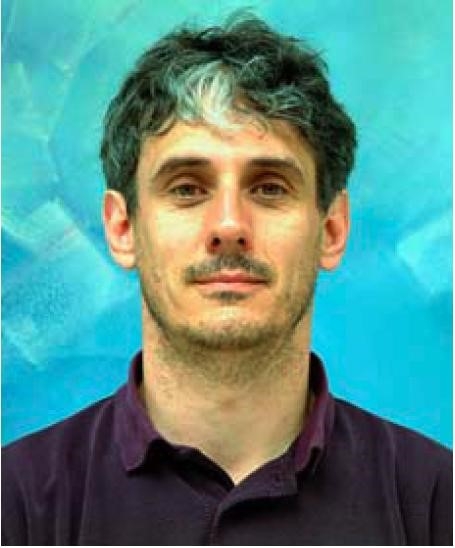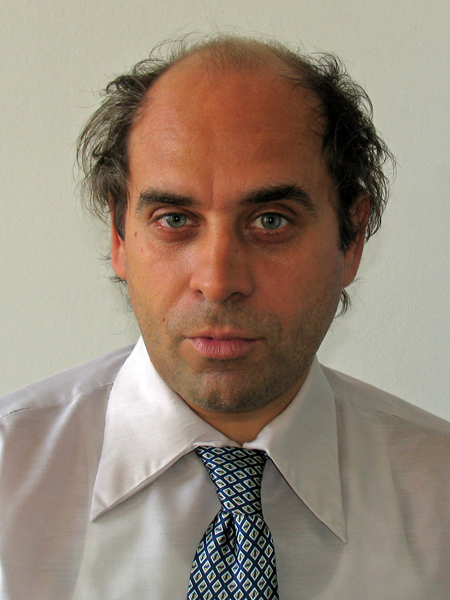Abstract
This tutorial is focused on the application of the Interpolated Discrete Fourier Transform (IpDFT) algorithm to electrical measurements.
Firstly the IpDFT algorithm based on a generic cosine window is presented and its advantages are highlighted. The influence of both the spectral image component and wideband noise on IpDFT estimators is theoretically analyzed. In addition, the particular case in which the Maximum Sidelobe Decay (MSD) windows are adopted is considered.
To reduce the contribution of the spectral image component on the IpDFT estimator, which is very important when the number of acquired sine-wave cycles is small, the multi-point IpDFT algorithms have been proposed. Two such algorithms with very high efficiency are then presented. They are the finite-difference based multi-point IpDFT algorithms and the three-point IpDFT algorithm which complete eliminate the above detrimental contribution. These algorithms are based on the MSD windows. The performances of these algorithms are theoretically compared with that of the classical IpDFT algorithm in the case of noisy sine-waves.
Finally, the application of the IpDFT algorithms to the dynamic testing of analog-to-digital converters (ADCs), the synchrophasor and electrical power measurements in steady-state conditions is presented. In all the considered measurement fields theoretical, simulated, and experimental results will be provided.
Presenter Bios
Dominique Dallet
IMS Laboratory, Bordeaux INP, University of Bordeaux, Talence, Bordeaux, France

Dominique Dallet is a Full Professor of digital electronic design at the engineer school Bordeaux INP, ENSEIRB-MATMECA. He received the Ph.D. degree in electrical engineering from the University of Bordeaux, Talence, France, in 1995.
He was the Head of the Electronic Embedded System Department from 2010 to 2013. He is the Head of the Electronic Design group of the IMS Laboratory. Since 2015, he is the chairperson of the Technical Committee “Measurement of Electrical Quantities” – IMEKO TC4.
Dr. Dominique Dallet is doing his research at the IMS Laboratory (Laboratoire de l’Intégration du Matériau au Système), University of Bordeaux, Bordeaux INP, CNRS UMR 5218. His research activities are mainly focused on data converter (A/D – D/A) modelling and testing, parameter estimation, digital signal processing implementation in different targets (ASIC, FPGA), electronic design for the digital enhancement of analog and mixed electronic circuits (ADC, DAC, PA). He has authored over 200 papers in international and national journals or in proceedings of peer-reviewed international conferences, book chapters, and patents. He received as co-author the Istaván Kollár Award for the Best Paper Presented at the IMEKO-TC4 2016 Symposium, entitled “Accurate sine-wave frequency estimation by means of an interpolated DTFT algorithm.”
Daniel Belega
Department of Measurements and Optical Electronics, Politehnica University of Timisoara

Daniel Belega received the B.S. degree in electronics and telecommunications, the M.S. degree in electrical measurements, and the Ph.D. degree in electronics from the Politehnica University of Timisoara, Timisoara, Romania, in 1994, 1995, and 2001, respectively.
He joined the Department of Measurements and Optical Electronics, Faculty of Electronics and Telecommunications, Politehnica University of Timisoara, where he is currently a Full Professor.
He has authored over 100 papers in international and national journals or in proceedings of peer-reviewed international conferences.
His current research interests include the applications of digital signal processing to measurements, parameter estimation, phasor estimation for power systems, and analog-to-digital converter testing.
Daniel Belega received the recognition as one of IEEE Transactions on Instrumentation and Measurement Outstanding Reviewers in 2009, 2012, 2013, 2014, and 2015, respectively, and the Certificate of Outstanding Contribution in Reviewing from the Digital Signal Processing journal in 2016.
He received as author the Istaván Kollár Award for the Best Paper Presented at the IMEKO-TC4 2016 Symposium, entitled “Accurate sine-wave frequency estimation by means of an interpolated DTFT algorithm."


